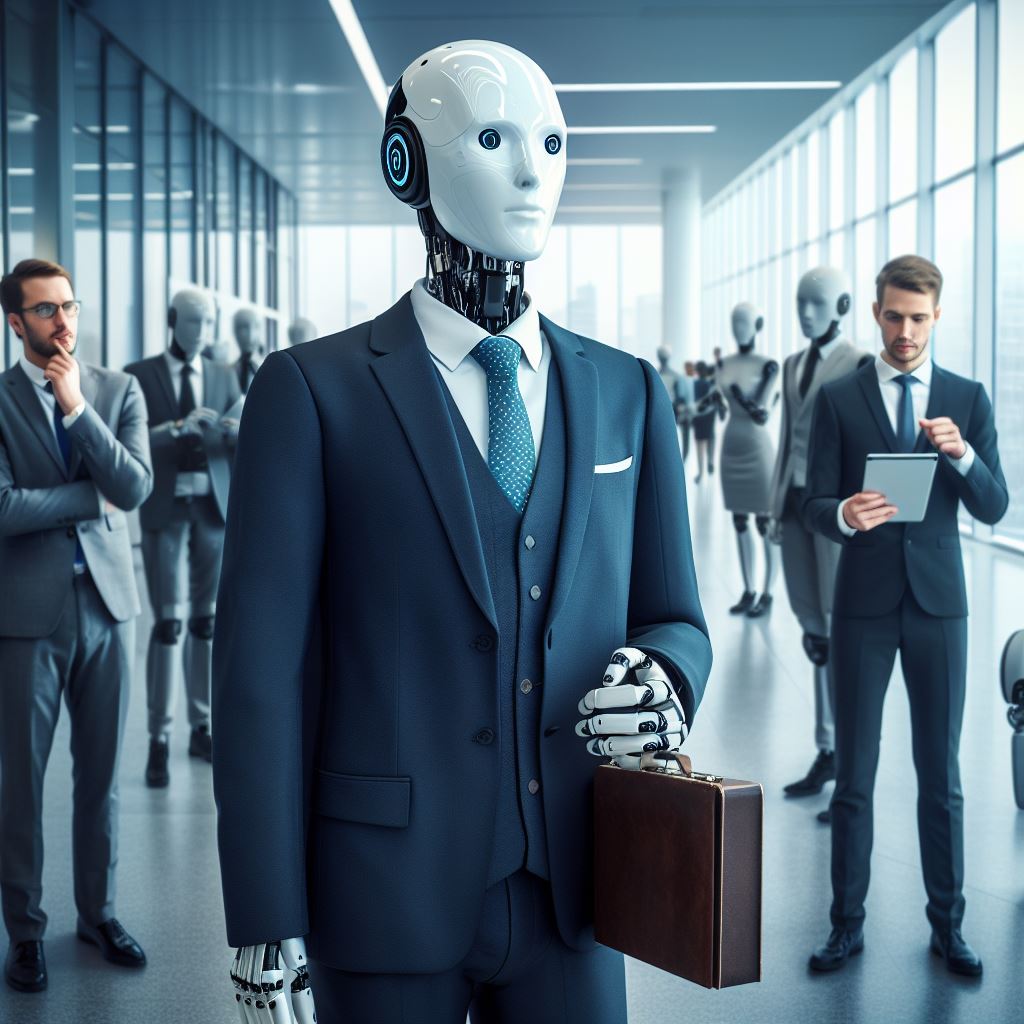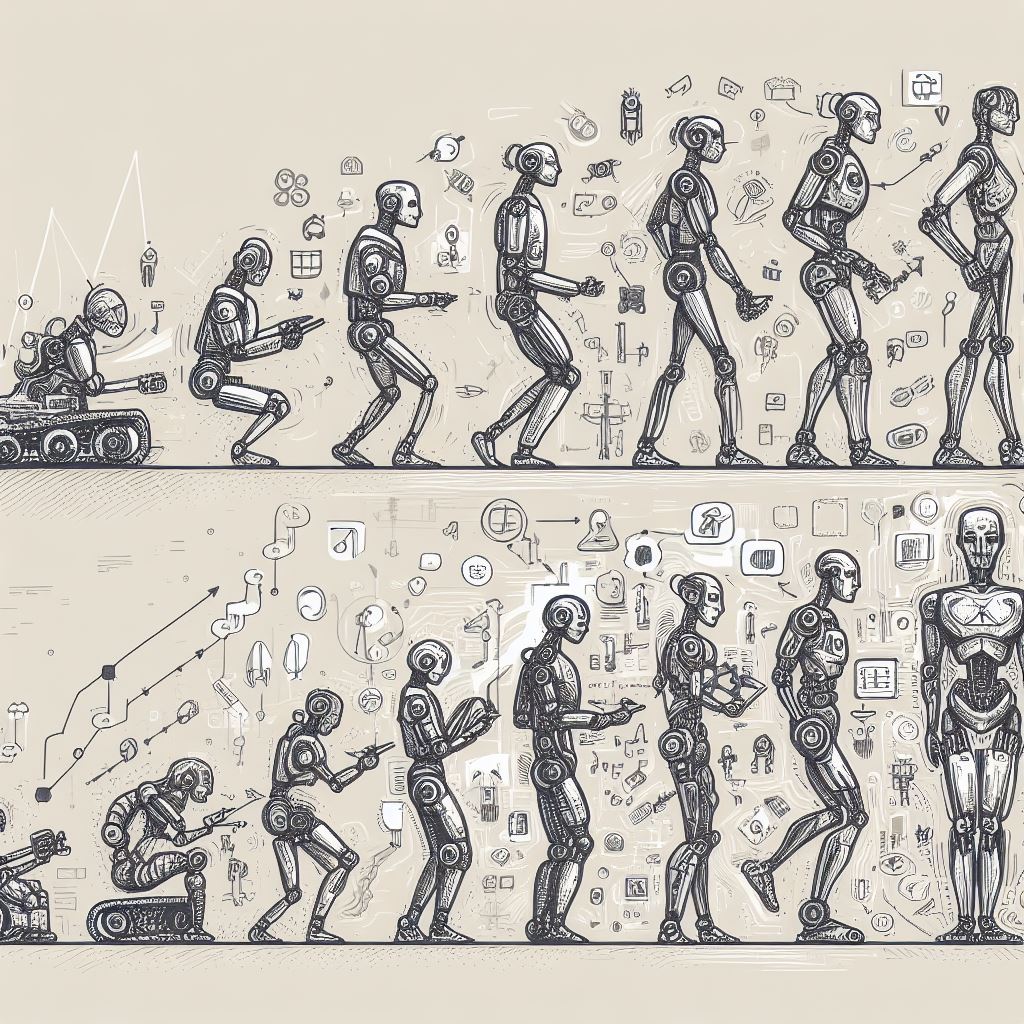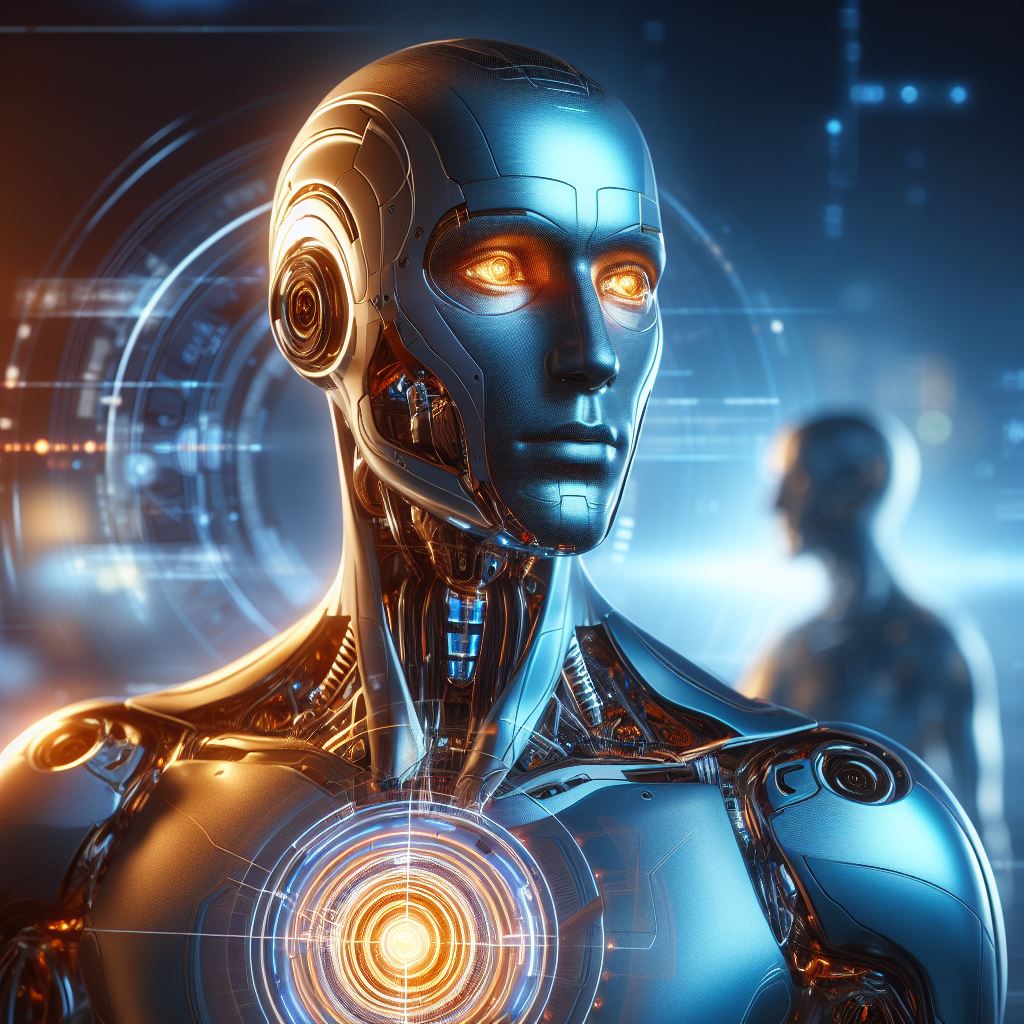The pursuit of creating artificial intelligence (AI) capable of matching or surpassing human intellect stands as a persistent quest. As AI continues to evolve and infiltrate various facets of our lives, the question lingers: will machines ever achieve the level of intelligence and cognitive capabilities akin to humans?
The landscape of AI is multifaceted, encompassing various fields such as machine learning, neural networks, natural language processing, and robotics. Current AI systems excel in specific domains, showcasing remarkable feats in tasks like image recognition, language translation, data analysis, and even strategic gaming. Yet, the essence of human-like intelligence, with its blend of reasoning, intuition, emotional understanding, and adaptability, remains an elusive frontier.
Want to know more about our Tech Solutions? Visit us at www.nesesho.com
The Advancements and Limitations of AI
Advancements in AI have been staggering. Machine learning algorithms have propelled AI systems to process and interpret vast amounts of data, enabling them to recognize patterns, make predictions, and even exhibit a form of learning through continuous exposure to new information.
Deep learning, a subset of machine learning, simulates the workings of the human brain by employing neural networks, enabling AI systems to perform complex tasks with exceptional accuracy. However, these systems are domain-specific, excelling in their trained tasks but lacking the broad adaptability and contextual understanding inherent in human intelligence.
AI systems, while exceptional at processing structured data, often struggle with unstructured or ambiguous information. Understanding context, sarcasm, nuance, and emotional intelligence—areas where humans excel—remains a significant challenge for machines. Human cognition, influenced by emotions, experiences, and social interactions, adds layers of complexity that current AI struggles to emulate.
The Evolution of AI and the Pursuit of General Intelligence
The aspiration to achieve artificial general intelligence (AGI) remains a driving force in AI research. AGI refers to AI systems that possess human-like cognitive abilities, enabling them to comprehend diverse tasks, learn from experiences, adapt to novel situations, and exhibit an understanding of context and emotions.
Experts hold divergent opinions regarding the timeline for achieving AGI. Some foresee it as an imminent possibility, while others consider it a distant dream due to the intricacies and mysteries surrounding human intelligence.
Mimicking human intelligence involves understanding not just logical reasoning but also emotions, creativity, intuition, and ethical decision-making—attributes deeply embedded in the human psyche. While AI systems can emulate certain aspects of intelligence through algorithms and computational power, replicating the holistic essence of human cognition remains a formidable challenge.
The Ethical and Societal Implications
The prospect of AI reaching or surpassing human intelligence raises ethical and societal concerns. As AI systems become more autonomous and capable, questions of control, accountability, job displacement, and the ethical implications of AI decision-making come to the forefront.
Ensuring that AI systems align with human values, uphold ethical standards, and function transparently becomes crucial. Addressing these concerns necessitates collaborative efforts from researchers, policymakers, ethicists, and technologists to establish frameworks that ensure the ethical development and deployment of AI.
The Enigmatic Horizon
The pursuit of AI reaching human-level intelligence remains an enigmatic horizon, marked by relentless exploration, innovation, and ethical considerations. While current AI systems exhibit remarkable capabilities, the inherent complexities of human intelligence pose formidable challenges.
The quest for AI to achieve parity with human intelligence is a testament to humanity’s relentless pursuit of pushing technological boundaries. Whether this quest concludes with the realization of artificial general intelligence or leads to new paradigms in understanding intelligence itself, the journey stands as a testament to human ingenuity and curiosity in unraveling the mysteries of our own cognition.
Want to know more about our Tech Solutions? Visit us at www.nesesho.com



